Expert posts by:
Mark Marino
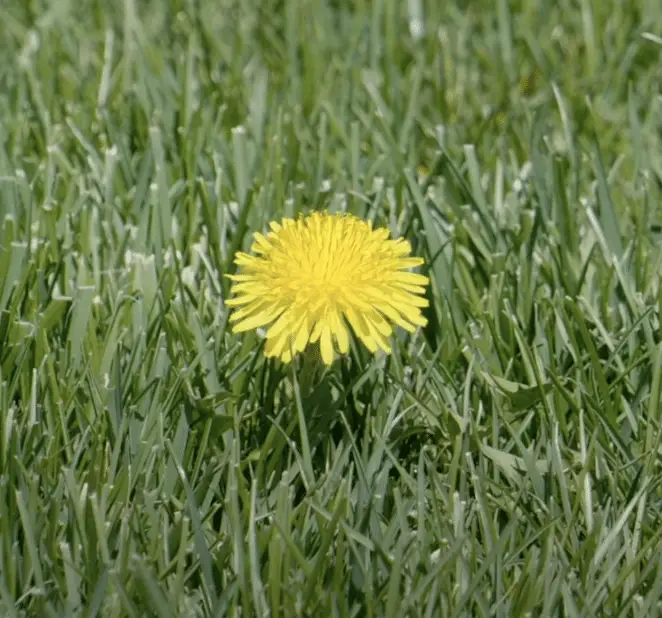
How To Get Rid of Dandelions (What You Need to Know)
LAWN PHIX PRO TIPS Nothing screams “spring has arrived” like seeing dandelions in their yellow flower bloom! In Massachusetts, this is generally around Kentucky Derby day in May. These broadleaf weeds grow from a single ...
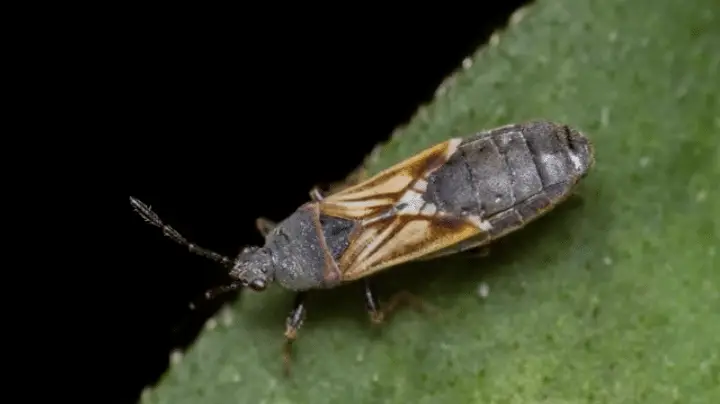
How To Get Rid Of Chinch Bugs
Early spring brings a host of new problems for homeowners, including the appearance of adult chinch bugs. Although run-ins with chinch bugs are relatively common, severe infestations can and do happen every year. It’s important ...
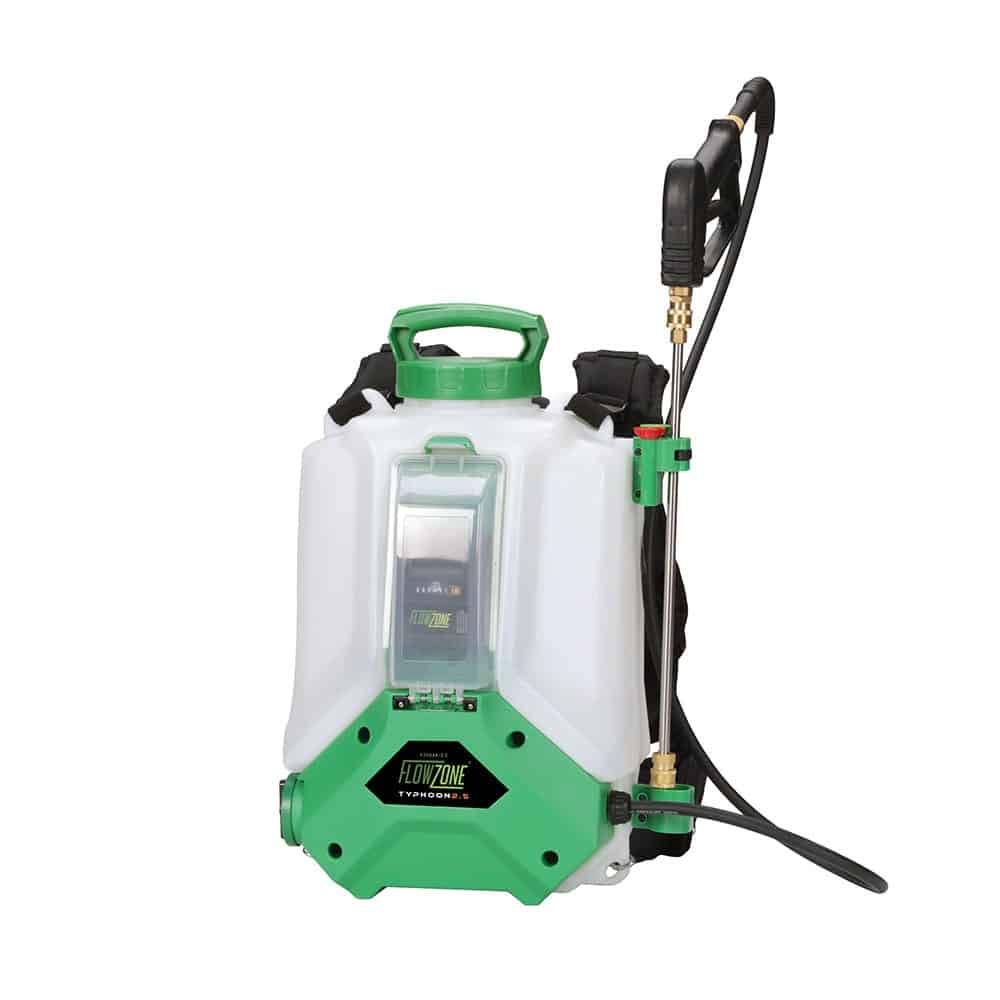
THE 5 BEST Backpack Sprayers for 2023 (Top Sprayer Reviews)
Taking care of your lawn is a full-time job, especially if you have to do everything manually. Thankfully, buying high-quality equipment like battery-powered backpack sprayers can make your life much easier. These devices allow you ...
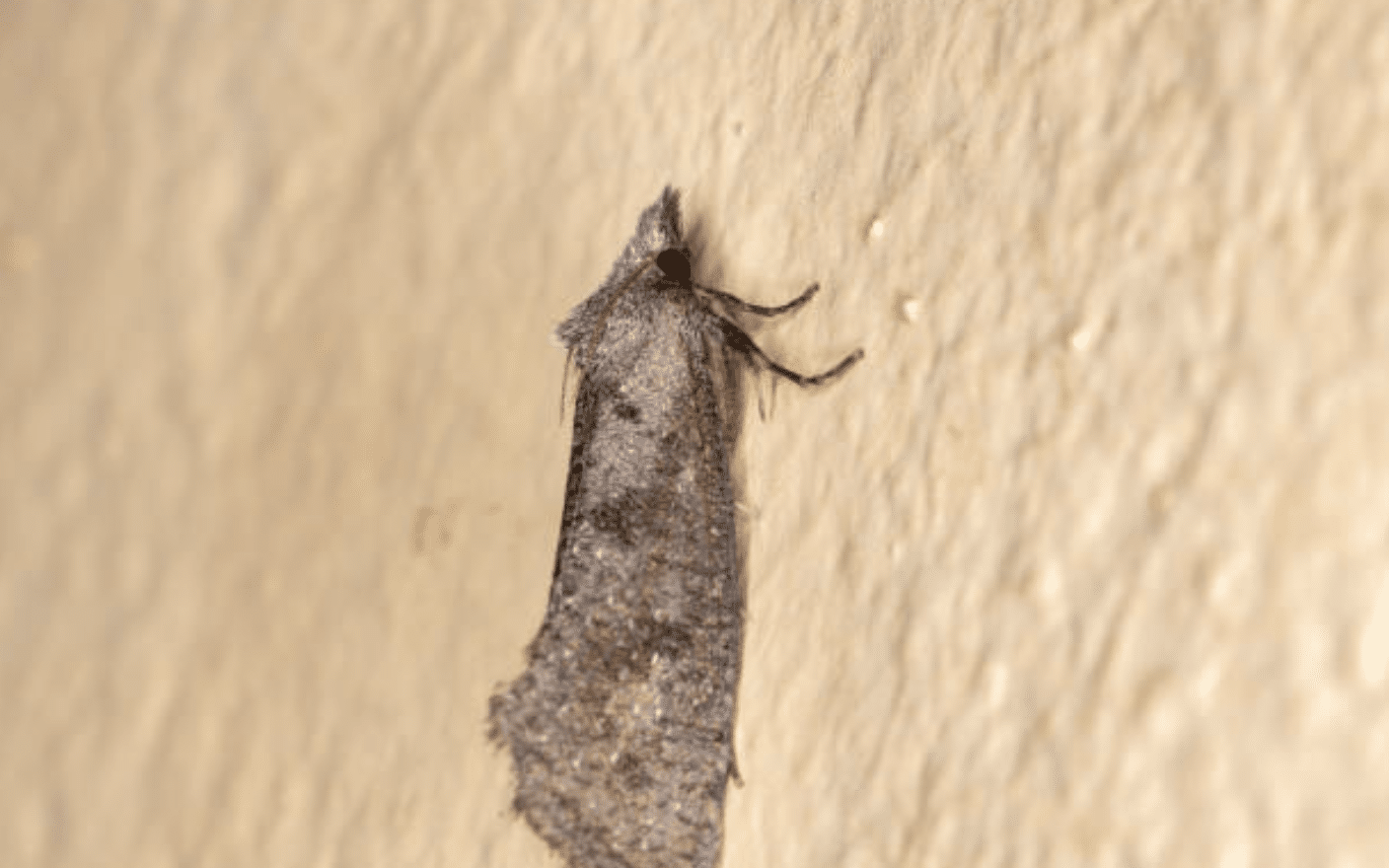
How To Get Rid of Sod Webworms
Sometimes called ‘lawn moths’ or simply ‘webworms,’ the sod webworm is a destructive lawn pest that causes significant damage or brown patches in the lawn. If you’re willing to combine prevention steps with treatment products, ...
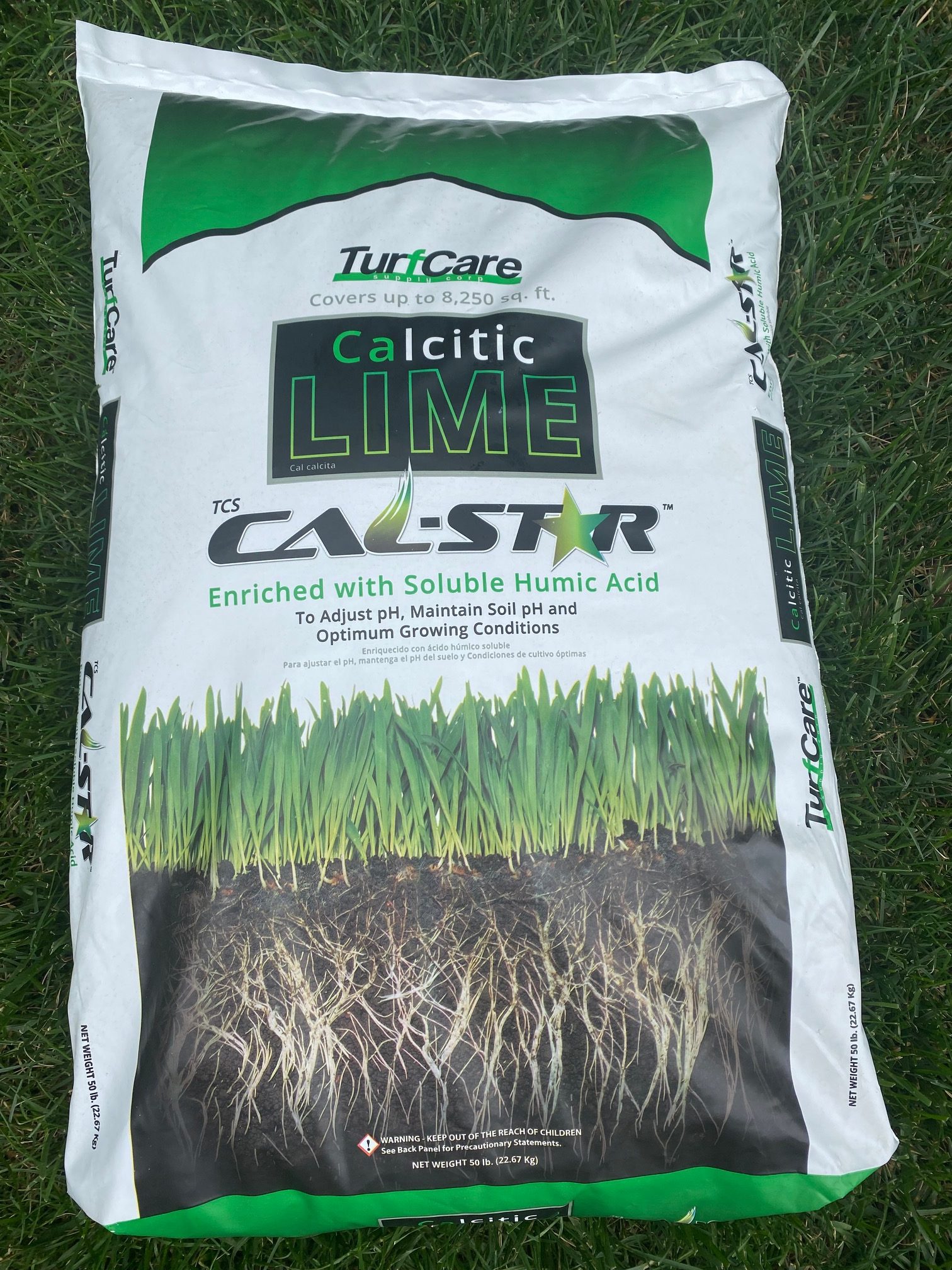
Lime For Lawns (What is Lime and When to Apply?)
When it comes to lime for lawns, homeowners often find themselves confused. When should it be applied, and how much is too much? Do lawns even need lime? Sometimes they do, but it can be ...
How To Get Rid of Spider Mites
Spider mites are tiny and damaging insects that can infect outdoor and indoor plants. Unfortunately, a spider mite problem can cause leaf damage, issues with various landscaping elements in your yard, and much more. Understanding ...
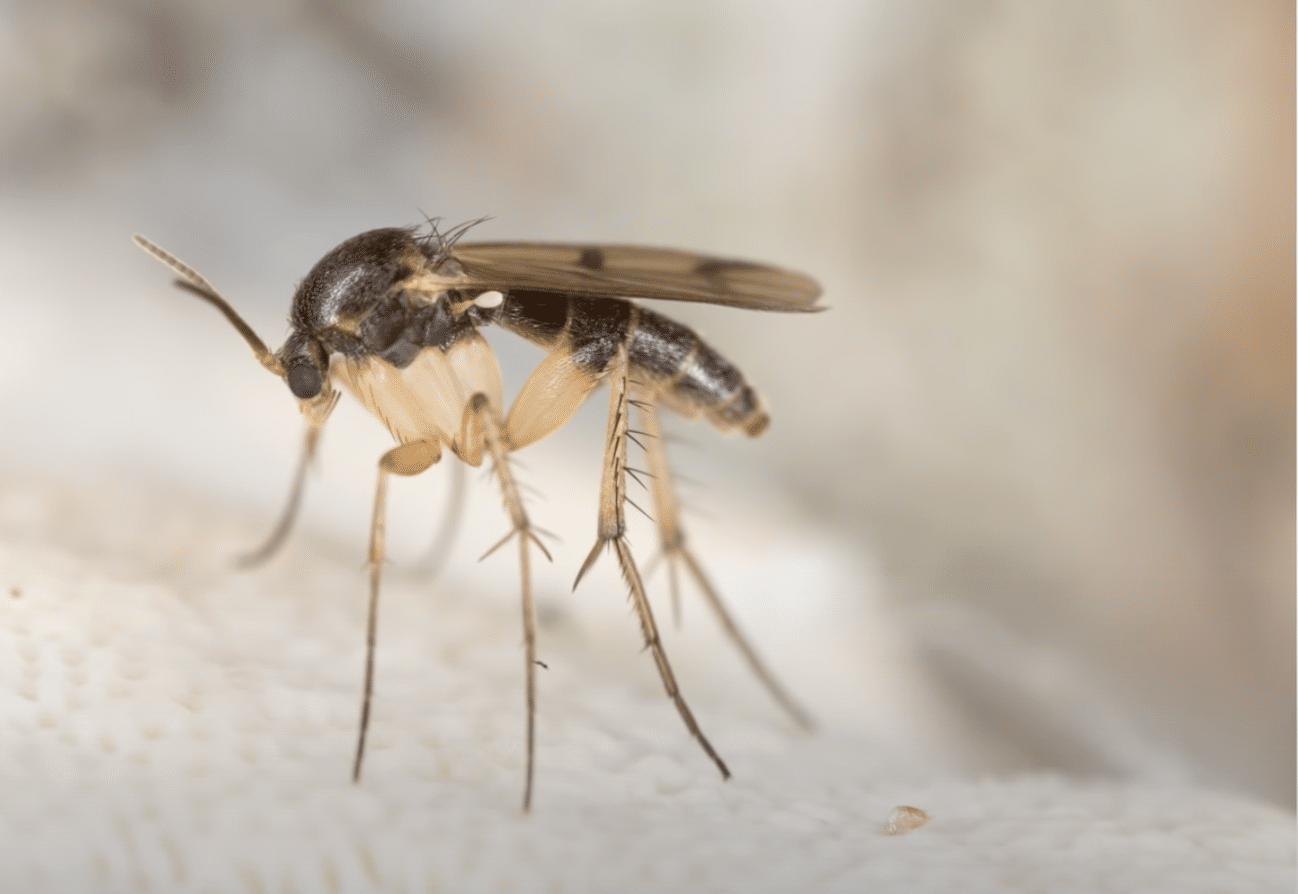
How to Get Rid of Gnats in Lawn
Fungus gnats are common pests that many people struggle with at some point. Trying to figure out how to get rid of gnats in lawn and garden areas can cause a major headache for homeowners. ...
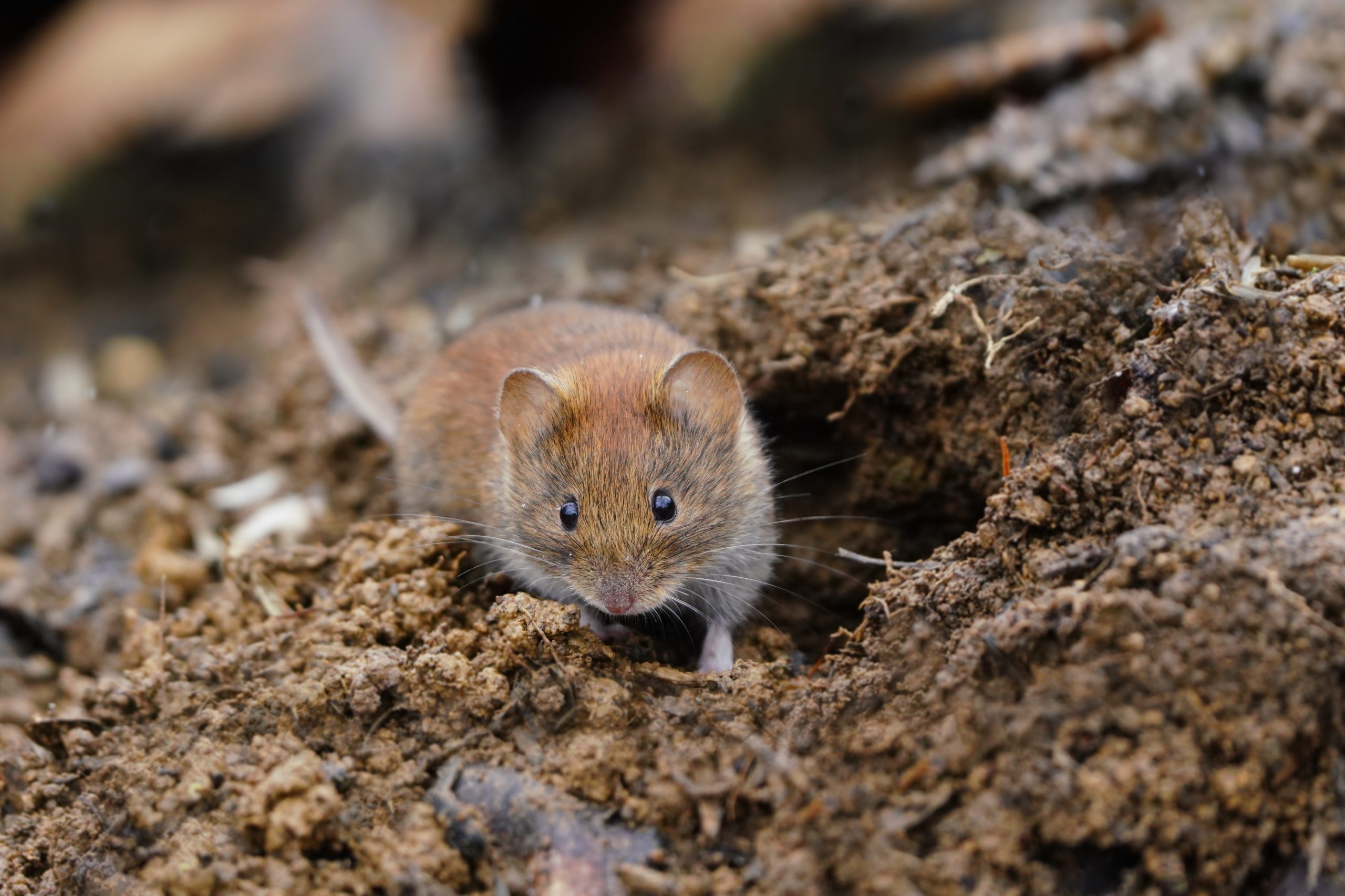
How To Get Rid of Voles in Lawn
Prairie voles are some of the most destructive pests in American lawns. Here’s how to get rid of voles once and for all. Vole Identification Voles are small rodents that closely resemble mice. They are ...
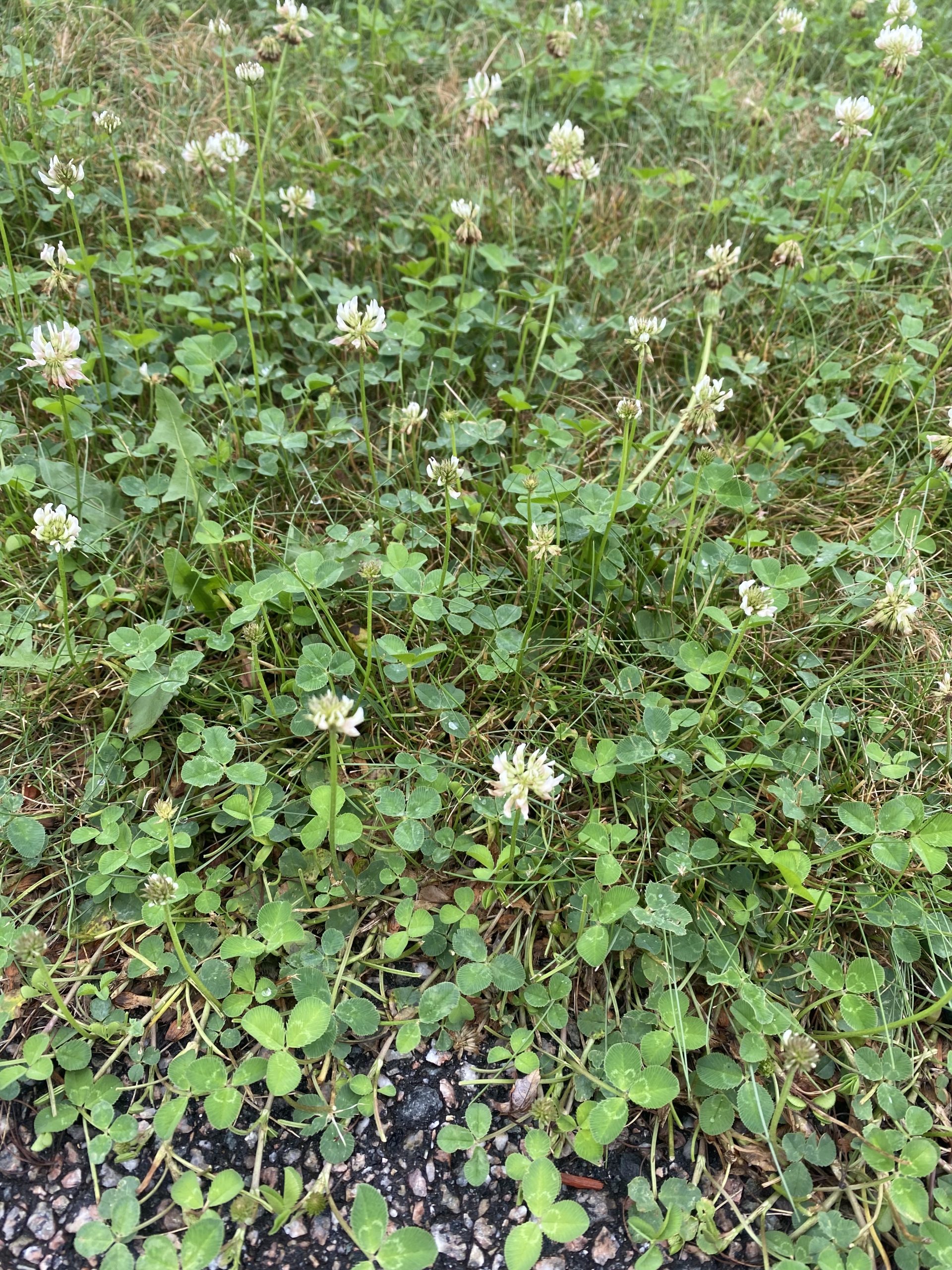
How To Get Rid of Clover In Lawns (Kill & Eliminate Clover)
LAWN PHIX PRO TIPS Clover is among the most common broadleaf weeds in residential and commercial lawns. It is a perennial weed with many species, with hop, red, and white clover being the most common. ...
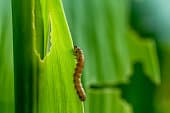
Best Armyworm Killers For Lawns (2023)
Armyworms are causing devastating damage to crops and lawns in the Tri-State this year. Armyworms get their names because they travel in groups. As they feed on turf grasses armyworm activity can be spotted from ...
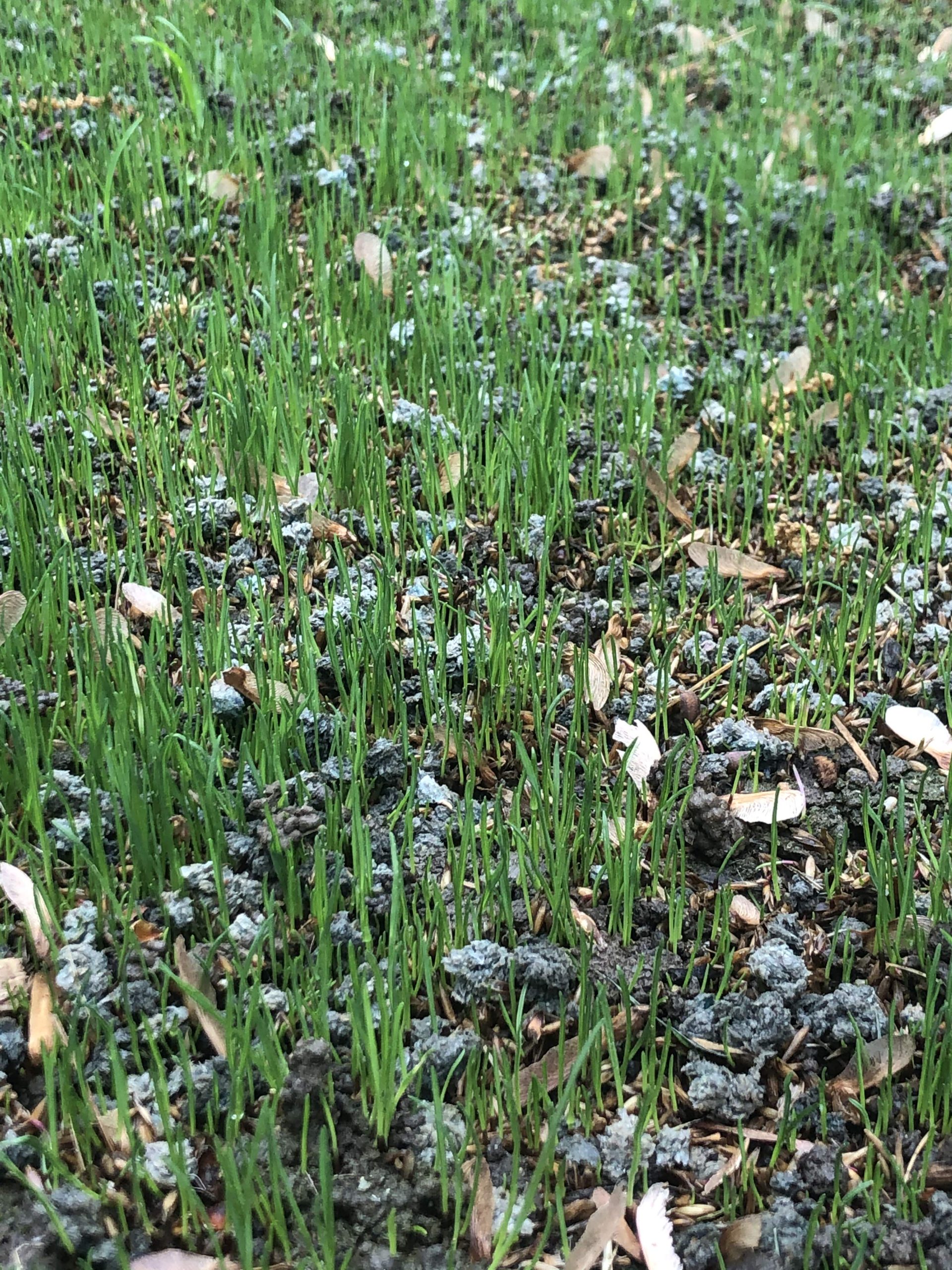
Preventing Weeds in New Grass (How To Have a Weed-Free Lawn)
For me, there’s nothing better in lawn care than watching new grass seed grow. Whether it’s a newly seeded lawn as part of a lawn renovation or aerating and overseeding your existing yard, anticipating new ...

Lawn Care Acronyms (The Definitive Guide to Lawn Care Terms)
No matter the level of lawn care enthusiast, things can get tricky. Whether it be mother nature throwing us a curveball, irrigation issues, or simple human error, there’s a lot to learn. Nothing can be ...
